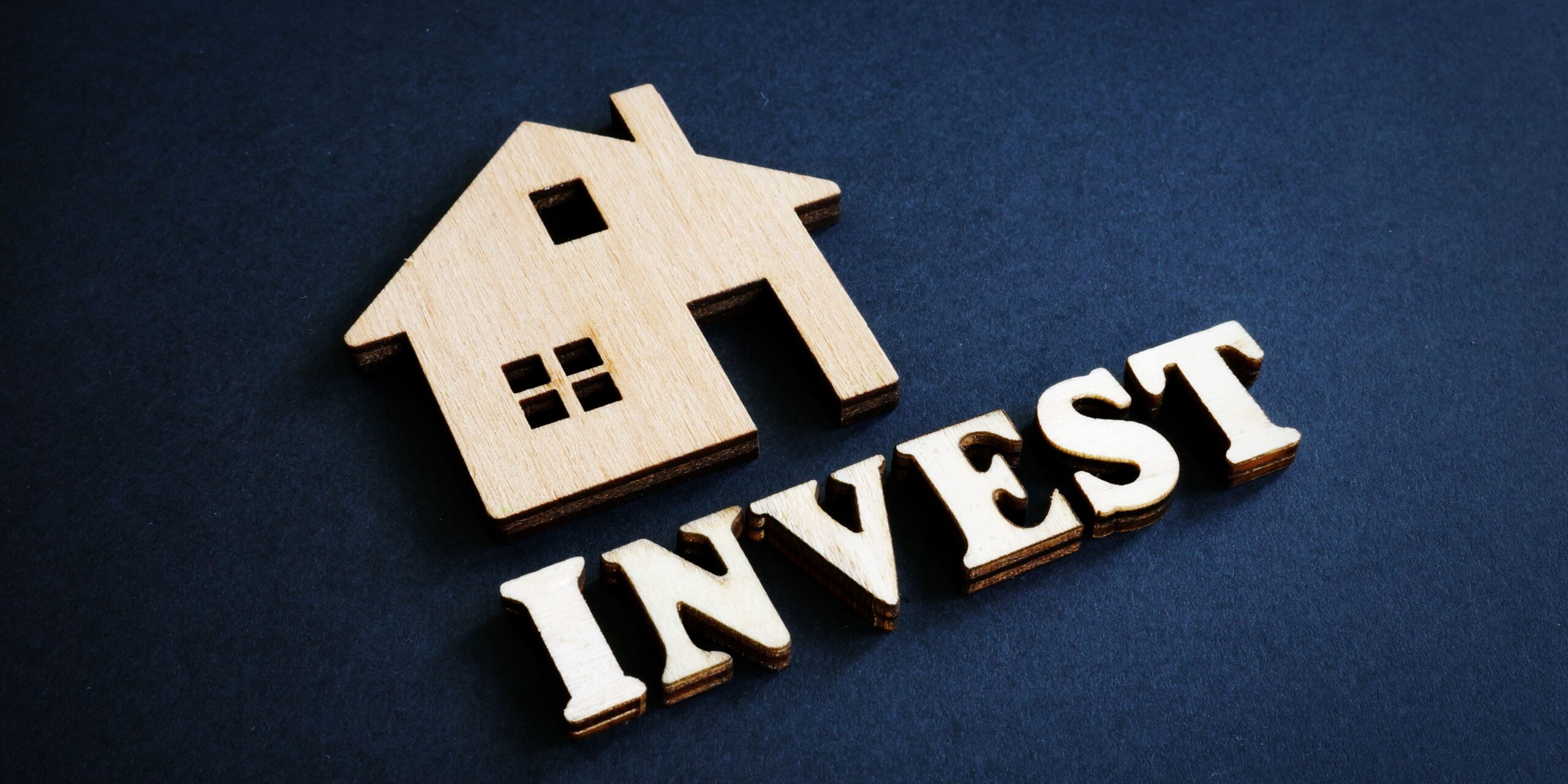For a general manager, every decision you make can redefine the future of your company. No wonder organizations exercise great caution when recruiting their general manager. According to a Harvard Business Review study, 67% of GMs believe their strategic decisions are key to ensuring the long-term sustainability of their organization. In this role, you’re not only managing daily operations but also responsible for developing and executing the company’s long-term vision. This places you at the heart of critical decisions impacting performance and profitability.
The pressure is intense, as many decisions must be made quickly and under stress. Moreover, you must anticipate market trends while remaining attentive to the needs of your teams. People management is also a fundamental part of your mission, as your ability to motivate, inspire, and guide your staff is crucial to the success of the business. On average, GMs spend over 70% of their time managing teams and high-stakes situations. It’s essential to juggle both strategic thinking and human management.
If you’re wondering about this profession or want to know how to succeed as a general manager, this article is for you. We’ll explore the key skills, daily responsibilities, and challenges you’ll face, while offering concrete solutions to overcome them successfully.
| 📝 Key Takeaways | |
|---|---|
| 📌 Main Highlights | |
| 📋 Main Duties | Develop overall strategy, manage teams, make key decisions |
| 🎓 Required Skills | Leadership, financial management, business strategy |
| 💼 Daily Responsibilities | Operations supervision, stakeholder relations, growth management |
| 💶 Compensation | Depends on company size, generally high |
| 🚀 Career Progression | Potential to become CEO or join the board of directors |
What are a general manager’s core responsibilities?
The general manager is often described as the cornerstone of the company, tasked with turning strategic vision into actionable results. This role is far more than operational: the GM designs, guides, and adjusts the strategy based on market demands and growth objectives. They must understand and anticipate the company’s needs. Their decisions directly influence profitability, growth, and long-term reputation.
Business Strategy
One of the GM’s first challenges is to design and steer the company’s strategy. This means defining a clear vision that will guide all actions and initiatives. The strategy must remain flexible enough to adapt to market changes while staying true to the company’s values and goals. Beyond identifying opportunities, the GM must also anticipate risks and create contingency plans. This requires ongoing analysis of economic trends, technological innovation, and competitive shifts. A solid strategy is grounded in measurable objectives, such as revenue growth, market share, or product development.
Team Management
The general manager must also mobilize and coordinate teams. It’s not just about oversight—it’s about creating an environment where every team member can thrive. This involves rigorous talent management, aligning individual skills with company goals. The GM should foster open communication and interdepartmental collaboration, ensuring alignment with the overall strategy. Motivating teams is a priority, as business success depends largely on employee engagement. An effective GM listens, provides constructive feedback, and builds a positive culture that rewards innovation and commitment.
Financial Decisions
As the company’s financial steward, the GM makes critical economic decisions. Budget management, investment planning, and cost control are all key elements of the role. The goal is to maximize resources while minimizing financial risk. A competent GM can analyze financial statements, understand KPIs, and make data-driven decisions. They often lead negotiations with investors, financial partners, or suppliers, where expertise in resource management and profit optimization is essential.
What skills are essential to succeed as a general manager?
To excel in this demanding role, several core competencies are essential. While a GM can delegate certain tasks, they must have a thorough understanding of every aspect of the business, from finance and HR to marketing and sales strategy.
Leadership
Leadership is arguably the most sought-after trait in a general manager. It’s not just about decision-making, but also about unifying teams under a common vision. A strong leader inspires trust and respect, and knows how to motivate collaborators to reach ambitious goals. The GM must also show resilience and patience, as running a company requires overcoming hurdles and solving complex problems. They need to make tough choices while maintaining transparency and trust across the team. Leadership is a craft that blends interpersonal skills, strategic insight, and change management.
Strategy
Strategic thinking is another non-negotiable skill for a general manager. The role demands a clear long-term vision, paired with the ability to build effective action plans. The GM must be able to spot market opportunities and trends, and be ready to adjust strategy based on performance and economic shifts. Strategy encompasses not only business development but also process optimization, innovation, and portfolio management. A successful strategy is based on in-depth data analysis and the ability to anticipate future market needs.
Financial Management
Financial management is another critical area of expertise for a GM. They must oversee budgeting, investments, and cash flow. This includes monitoring financial results, identifying funding sources, and managing relationships with shareholders or investors. A firm grasp of financial principles helps ensure the business remains profitable and competitive. The GM must also manage financial risks—especially in uncertain environments—and know how to respond quickly to protect the company’s assets.
What are the daily responsibilities of a general manager?
The general manager’s duties vary depending on the company’s size and industry, but generally include operations supervision, managing external relationships, and implementing growth strategies. Handling these responsibilities requires a constant balance between strategic planning and operational efficiency.
Operations Supervision
Every department must work in sync to reach shared goals. The GM oversees all operations—sales, marketing, production, HR—and ensures that each function runs smoothly. This also means optimizing internal processes to ensure the company can meet demand while controlling costs and maintaining quality. The GM’s mission is to ensure that all departments collaborate effectively toward common objectives.
Stakeholder Relations
Managing relationships with external stakeholders (investors, clients, business partners) is also central to the GM’s role. These relationships must be carefully nurtured, as they are often vital to the company’s survival and growth. As the public face of the company, the GM must maintain clear, transparent communication with all counterparts. They also handle contract negotiations, form strategic partnerships, and ensure the company meets its obligations to clients and partners.
Growth Management
Driving growth is often a top priority. Whether through acquisitions, market expansion, or launching new products, the GM must plan growth while mitigating risk. This requires smart decisions about investment, resource allocation, and funding. Sustainable growth is a key objective, and the GM must ensure that expansion does not compromise financial or organizational stability.
To explore further: https://hbr.org/2018/07/how-ceos-manage-time
FAQ: General Manager
What is the average salary of a general manager?
The average salary of a GM varies widely depending on company size and sector. Recent studies show that a GM may earn between €120,000 and €250,000 per year, with performance bonuses often representing a significant share of annual income.
What degree is needed to become a general manager?
Typically, a Master’s in Business Management, MBA, or a degree in economics or commercial sciences is required. However, practical experience and leadership skills are just as crucial as academic qualifications.
What is the difference between a CEO and a GM?
The CEO (Chief Executive Officer) usually chairs the board and oversees overall strategy, while the GM (General Manager) is primarily responsible for day-to-day operational management.
Who can become a general manager?
Anyone with strong management experience, the ability to lead teams, and a track record in managing large-scale projects can qualify. Most GMs have over 10 years of leadership experience before reaching the role.
How is a general manager appointed?
A general manager is usually appointed by the company’s board of directors, which defines the scope and responsibilities of the role.
What are the key skills of a good general manager?
A successful GM must have excellent leadership, business strategy, and financial management skills. They should also handle stress well, make quick decisions, and innovate to keep the company competitive.
What are the daily duties of a GM?
Duties include overseeing operations, managing teams, developing budgets, and monitoring financial performance. The GM also ensures legal compliance and manages stakeholder relationships.
What studies should you pursue to become a GM?
A Master’s in Management, MBA, or a degree in economics or international business is often required. Continuous training in project management and leadership is also recommended.
What position comes after the GM?
Post-GM roles may include Chair of the Board or group-level positions in multinational firms. Some GMs also join advisory boards or take on non-executive roles.
What type of contract does a GM have?
GMs typically have a permanent employment contract, with specific terms related to the role’s expectations. Some may operate under an executive mandate, granting greater autonomy in business decisions.
What is the GM’s role in financial management?
The GM oversees budgeting, cost optimization, and financial audits. They work closely with the CFO to ensure the company’s financial health.
What is the salary of a senior executive?
A senior executive may earn between €90,000 and €150,000 per year, though figures vary by sector and company size.
What is the difference between a GM and a COO?
The COO (Chief Operating Officer) focuses on day-to-day operations, while the GM oversees both strategic and financial leadership of the company.








